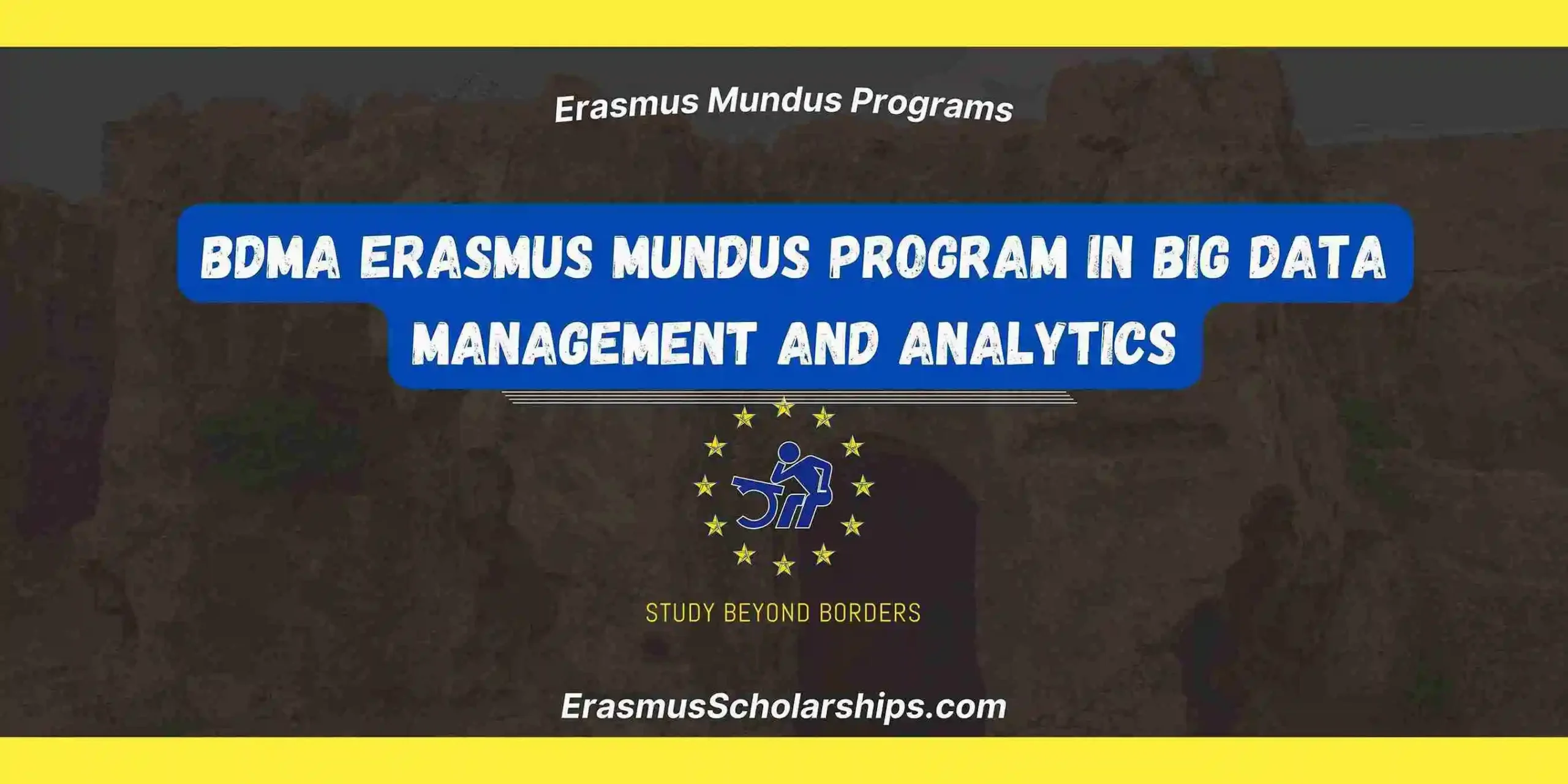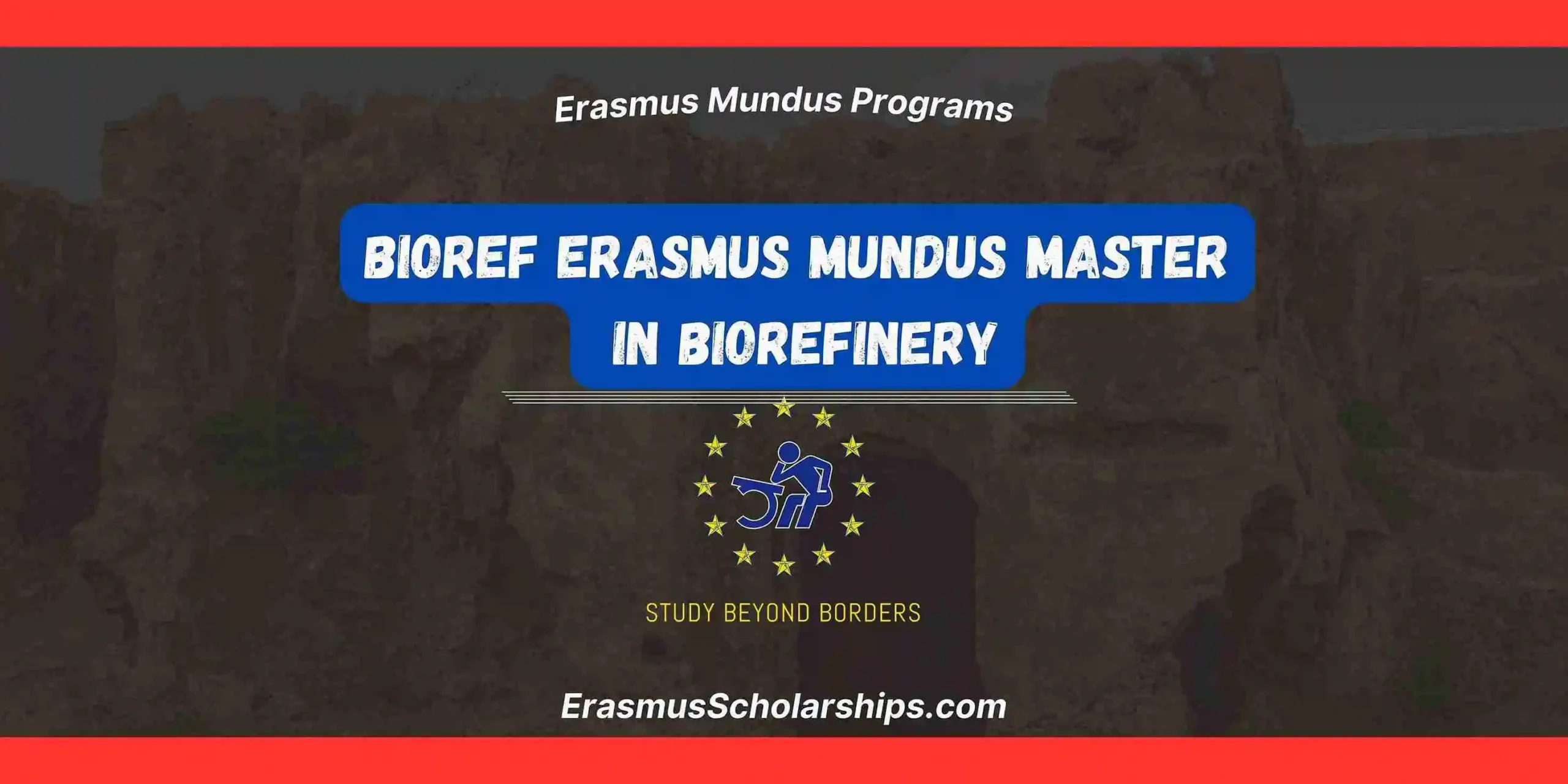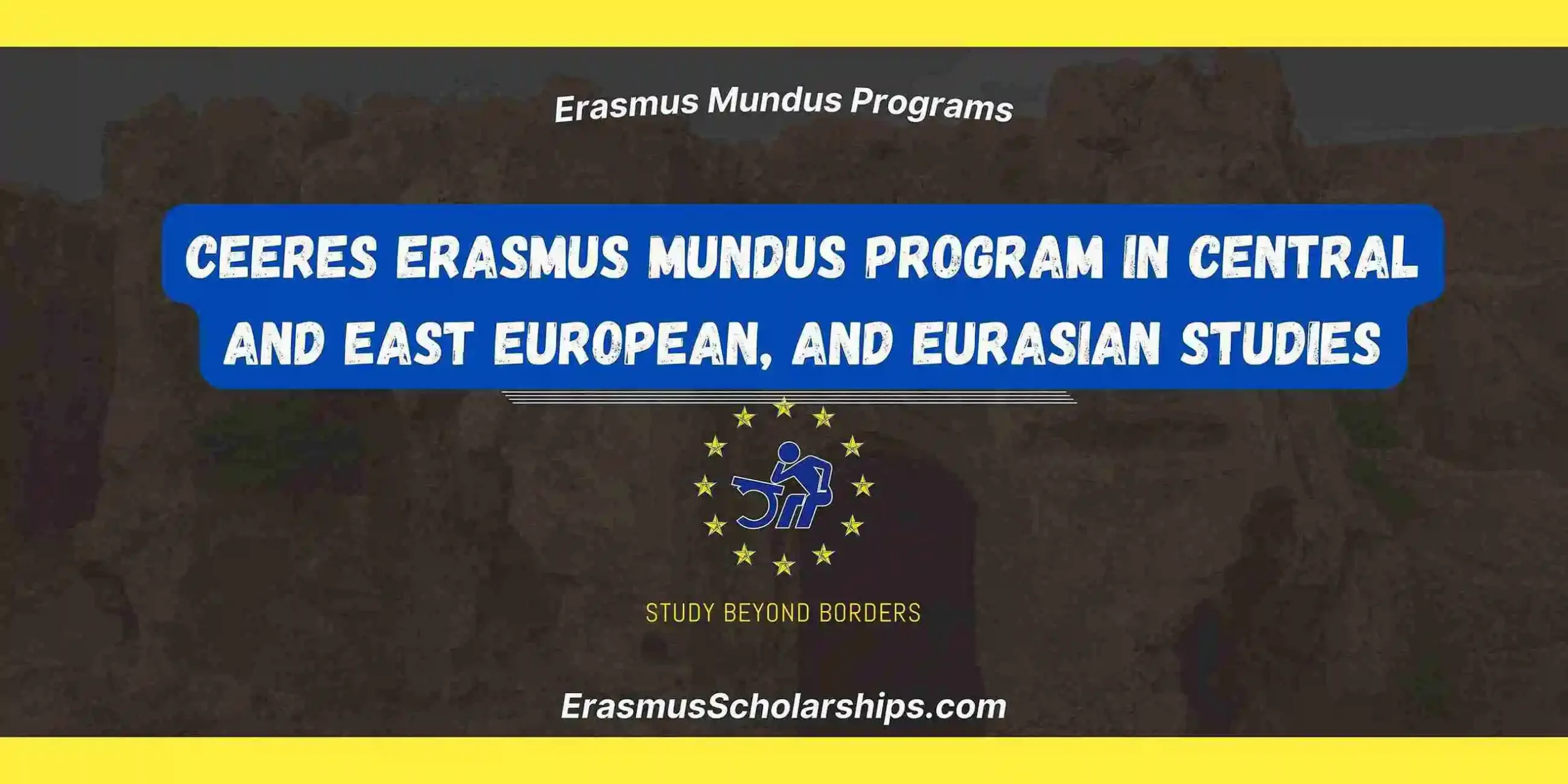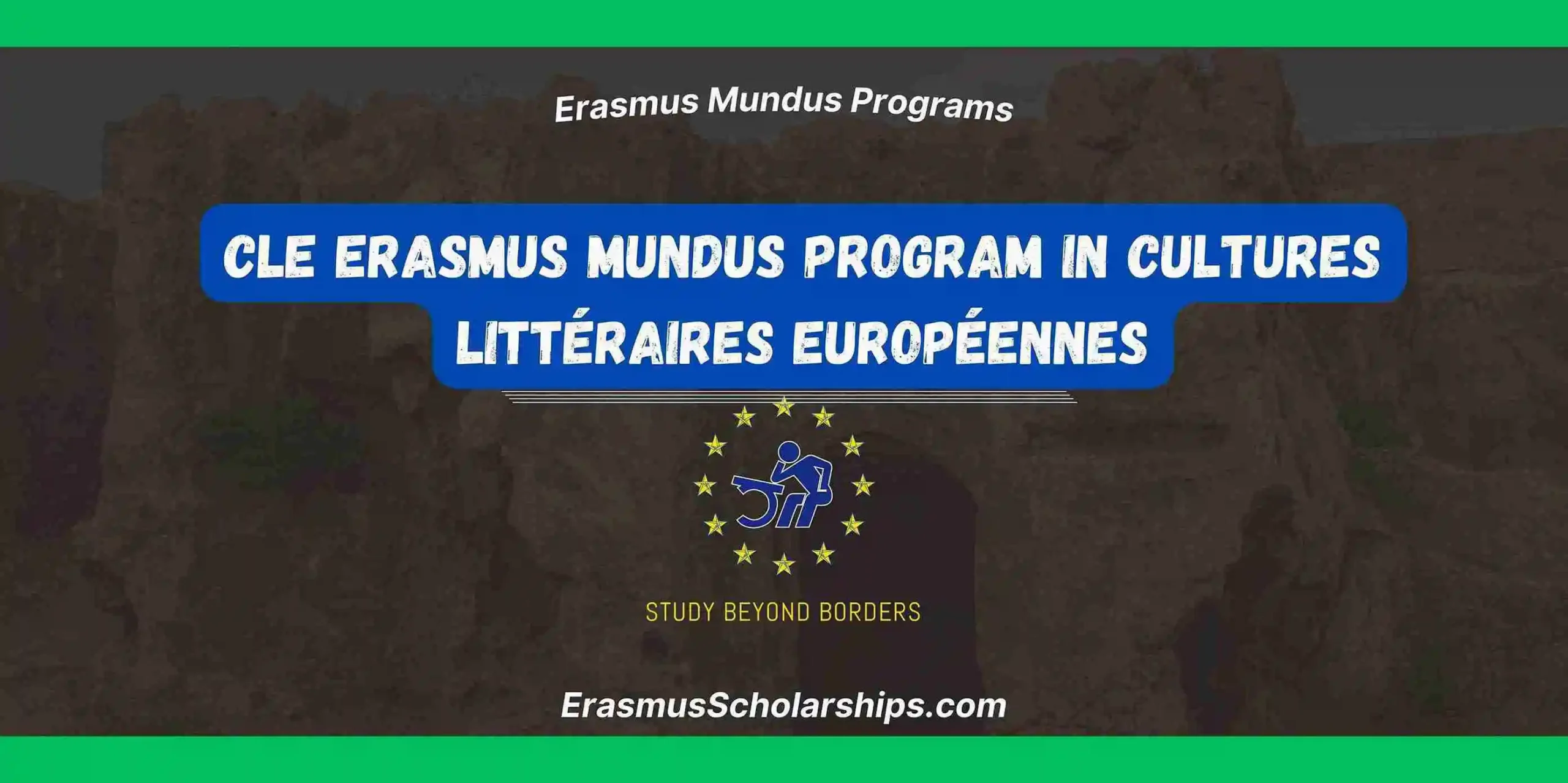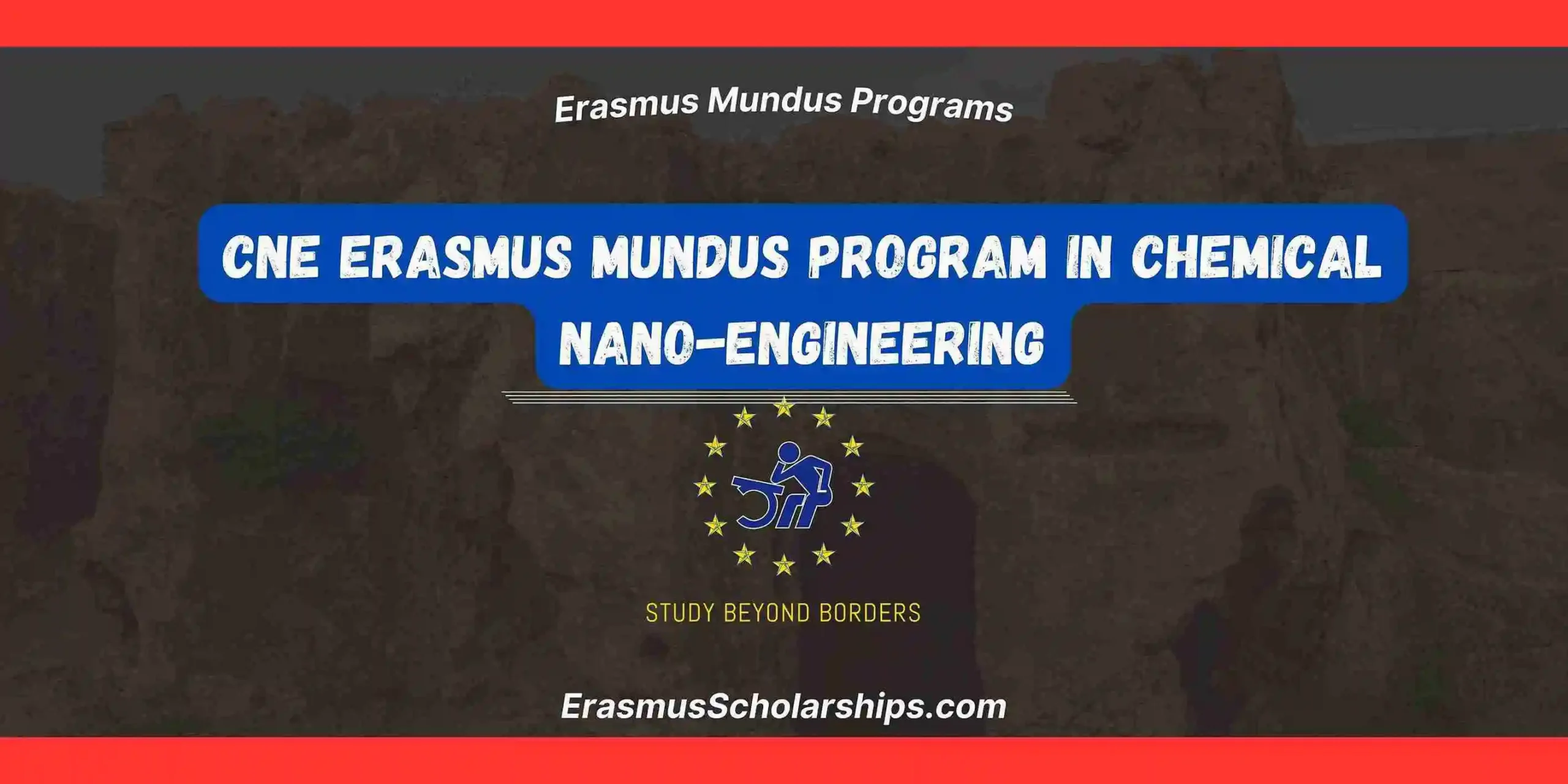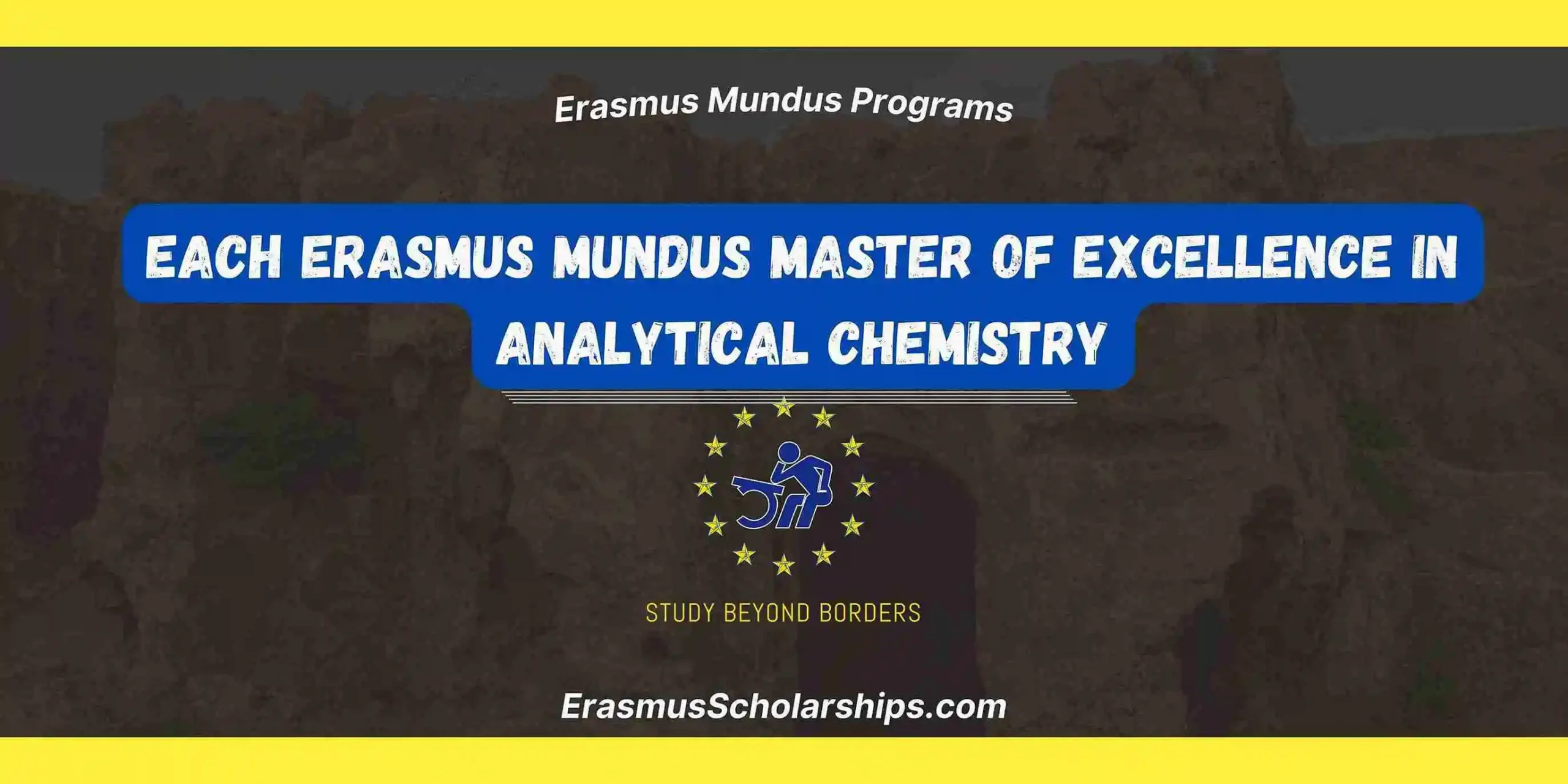The ECT+ ONE HEALTH Erasmus Mundus Joint Master is a prestigious, multidisciplinary two-year master’s program designed to equip students with comprehensive knowledge and skills in environmental contamination and toxicology, emphasizing the One Health approach. This approach integrates human, animal, and environmental health to address complex health challenges arising from environmental contamination.
The program is collaboratively offered by a consortium of renowned European universities, providing students with a rich international experience and exposure to diverse academic environments. Graduates are prepared for careers in environmental risk assessment, regulatory agencies, research institutions, and industries focused on environmental protection and public health.
Project Status
Ongoing
Start date: 01-09-2024
End date: 31-10-2030
EU Grant: €4,968,000.00
Programme Information
Programme: Erasmus+
Key Action: Partnerships for cooperation and exchanges of practices
Action Type: Erasmus Mundus Joint Master
Countries Covered: 5
Partner Universities
- Norwegian University of Science and Technology (NTNU) – Norway 🇳🇴
- University of Porto (UPO) – Portugal 🇵🇹
- University of Bordeaux (UB) – France 🇫🇷
- University of Liège (ULiege) – Belgium 🇧🇪
- University of Pau et des Pays de l’Adour (UPPA) – France 🇫🇷
- University of the Basque Country (EHU) – Spain 🇪🇸
Countries Involved
- Norway
- Portugal
- France
- Belgium
- Spain
Possible Mobility Tracks
Each student will study at three universities in at least two different EU countries, along with additional locations such as Stareso (Semester 1 in ULiège) or Svalbard (Semester 2 in NTNU).
- Semester 1: UBx, UPPA, or ULiège (Fundamentals in Environmental Contamination and Toxicology, Biogeochemistry, Advanced Ecology, Environmental Data Analysis, etc.).
- Semester 2: NTNU, UPO, or EHU (Advanced Environmental Chemistry, Applied Ecology, Ecotoxicology, Professional Practice in non-academic partners, etc.).
- Semester 3: All students at EHU (Environmental Risk Assessment and Management, Researcher’s Career, INCyTA course, meeting stakeholders, etc.).
- Semester 4: MSc Thesis research in UBx, UPPA, ULiège, NTNU, UPO, EHU, or an associated institution in Europe or overseas.
Description of the Programme
The ECT+ ONE HEALTH EMJM is a groundbreaking Joint European MSc programme that integrates the study of environmental contamination, toxicology, and the One Health approach. It explores the interactions between chemical pollution, climate change, ecosystems, and human health in a global context. The aim is to educate students in a holistic and interdisciplinary manner, preparing them for research or professional careers focused on managing risks associated with environmental pollution.
The programme provides:
- A multidisciplinary and global perspective on environmental sciences.
- Training in risk assessment, toxicology, and ecotoxicology.
- Opportunities to engage with leading researchers and institutions.
- A strong focus on sustainability and the UN Sustainable Development Goals (SDGs).
Requirements for Admission
To apply, students must meet the following requirements:
- A bachelor’s degree in environmental sciences, biology, chemistry, toxicology, or a related field.
- Proficiency in English (certified through IELTS, TOEFL, or equivalent qualifications).
- A strong academic background with relevant coursework in pollution sciences and risk assessment.
- A motivation letter, explaining their interest in the programme.
- Letters of recommendation from professors or professionals in the field.
Deadlines
- Erasmus Mundus Scholarship Applicants: March 24th
- Priority Self-Funded Students: May 15th
- New Self-Funded Students: Application opens April 15th
How to Apply?
Step 1: Online Application
Candidates must complete an online application form available on the programme website.
Step 2: Document Submission
- Academic transcripts
- CV (Europass format)
- Motivation letter
- Proof of English proficiency
- Letters of recommendation
Step 3: Interview (if required)
Shortlisted applicants may be invited for an online interview with the selection committee.
Tips to Win This Programme
- Highlight interdisciplinary skills: Show experience in toxicology, ecology, and environmental sciences.
- Demonstrate research experience: Publications, projects, or internships in environmental contamination are a plus.
- Showcase leadership and initiative: Extracurricular activities, volunteering, or relevant community work matter.
- Clearly define career goals: Explain how this programme fits your future aspirations.
- Apply early and thoroughly: Ensure all required documents are submitted before deadlines.
Coordinator Contact
For more information, reach out to the ECT+ ONE HEALTH Secretariat at:
- Email: ect@ectplus.eu
- Website: https://www.ectplus.eu/
Alumni Feedback
Graduates of ECT+ ONE HEALTH praise its: ✅ Diverse and international learning experience ✅ Strong industry connections and career support ✅ Cutting-edge research opportunities ✅ Interdisciplinary and holistic approach to environmental contamination and One Health
FAQs
What career opportunities are available after completing ECT+ One Health Erasmus Mundus Masters?
Graduates can work in environmental consulting, toxicology research, government agencies, NGOs, and academia (PhD programmes).
Can I apply for ECT+ One Health Erasmus Mundus Masters if my bachelor’s degree is not in environmental science?
Yes, but applicants must demonstrate relevant coursework or experience in toxicology, chemistry, or ecological sciences.
Is there financial support for self-funded students in ECT+ One Health Erasmus Mundus Masters?
Some partner universities offer scholarships, and students can apply for external funding opportunities.
Do I need to know multiple languages to apply for One Health Erasmus Mundus Masters?
The programme is taught entirely in English, but students will have the opportunity to learn French, Portuguese, Norwegian, Spanish, and Basque.
Can I choose my mobility track in ECT+ One Health Erasmus Mundus Masters?
Students rank their preferences, but the final assignment depends on availability and academic fit.



